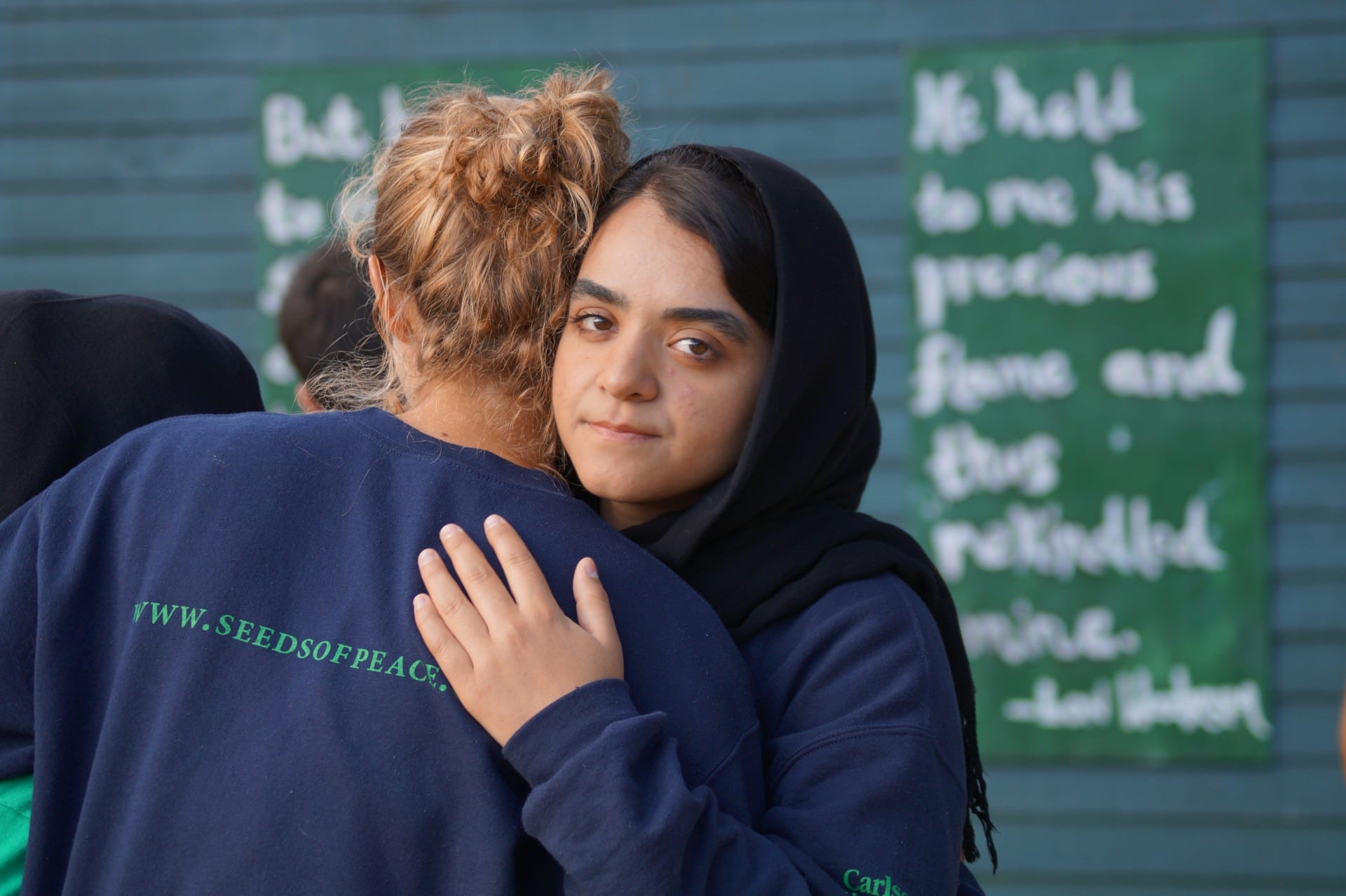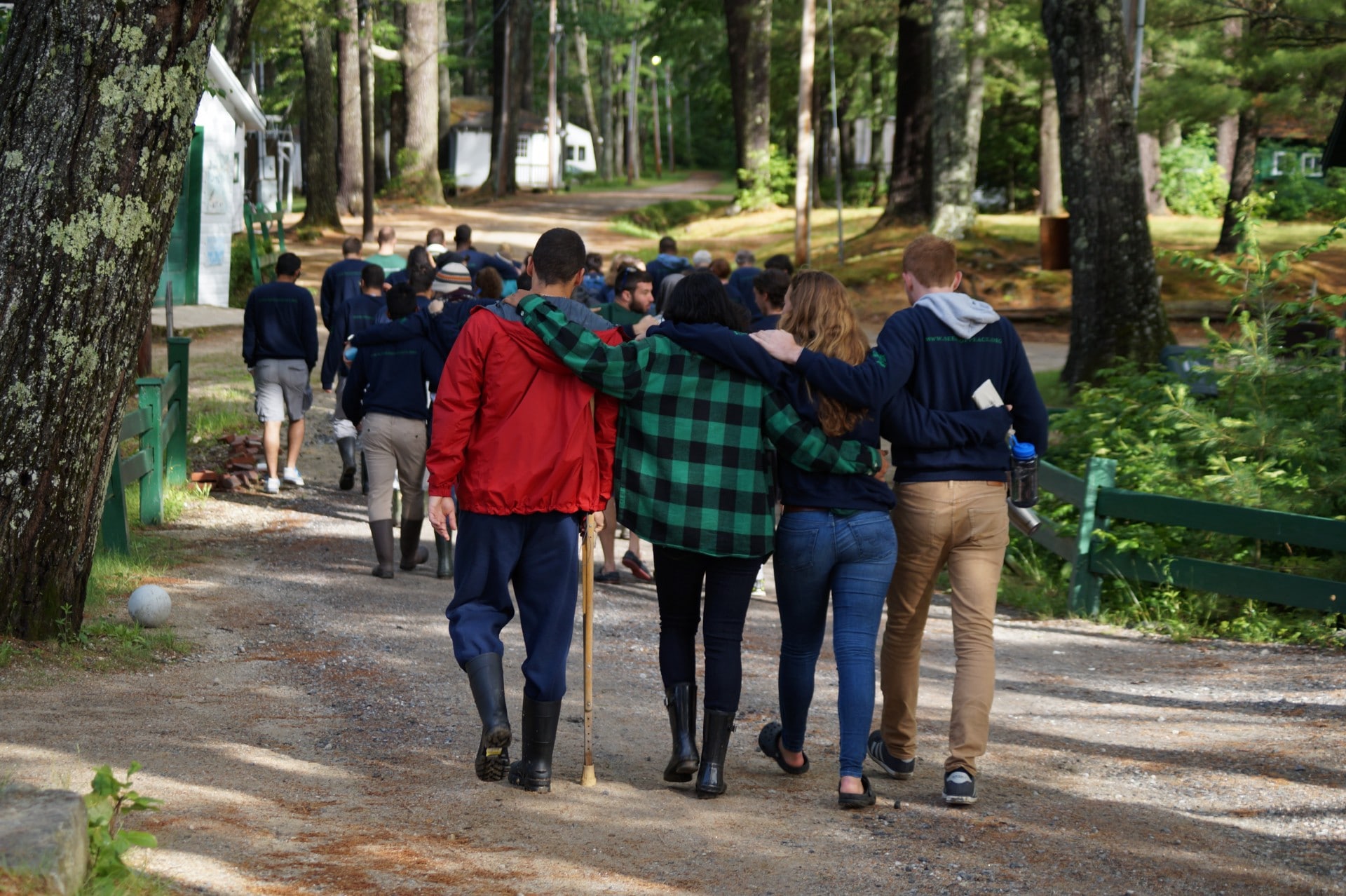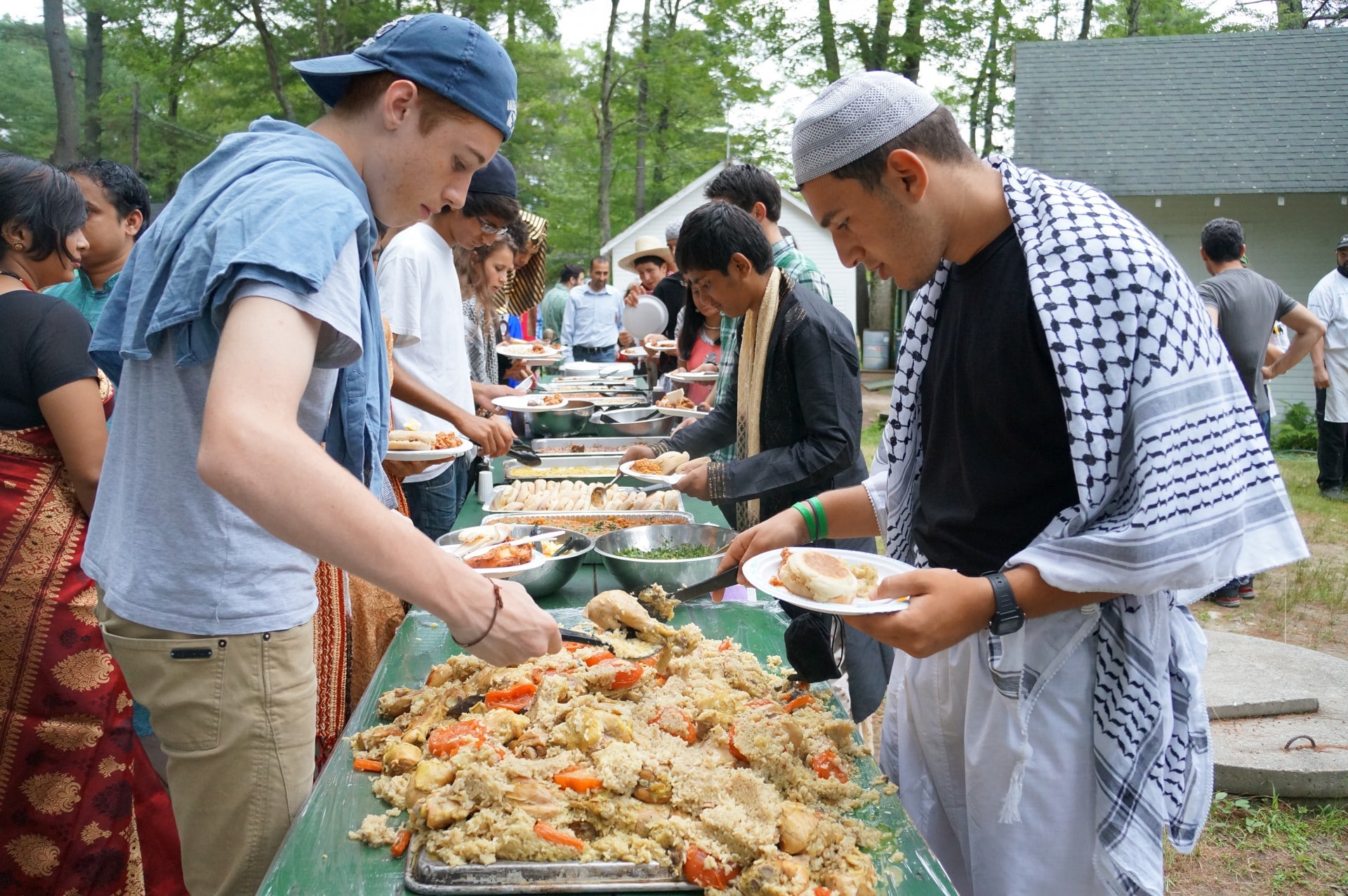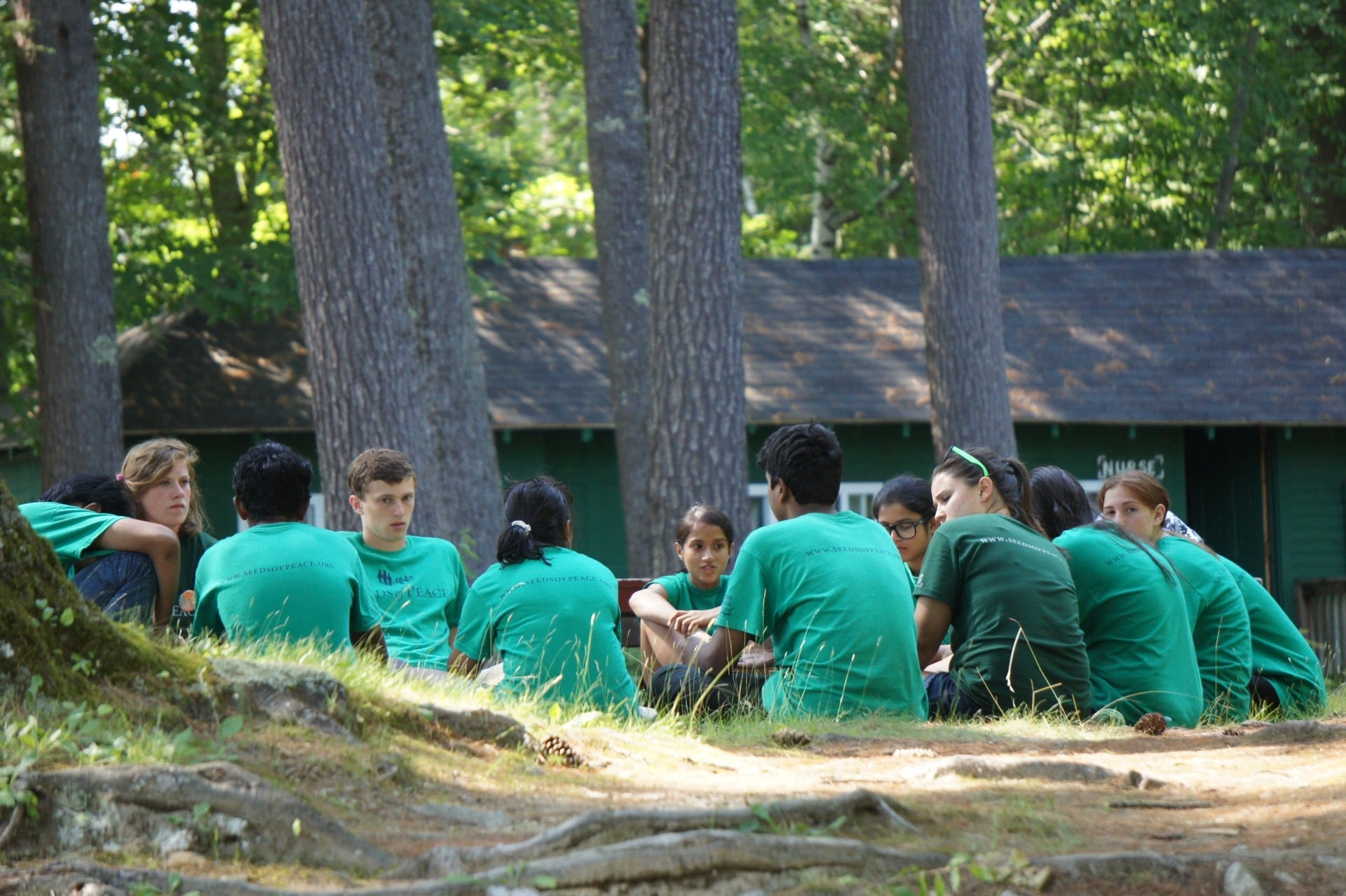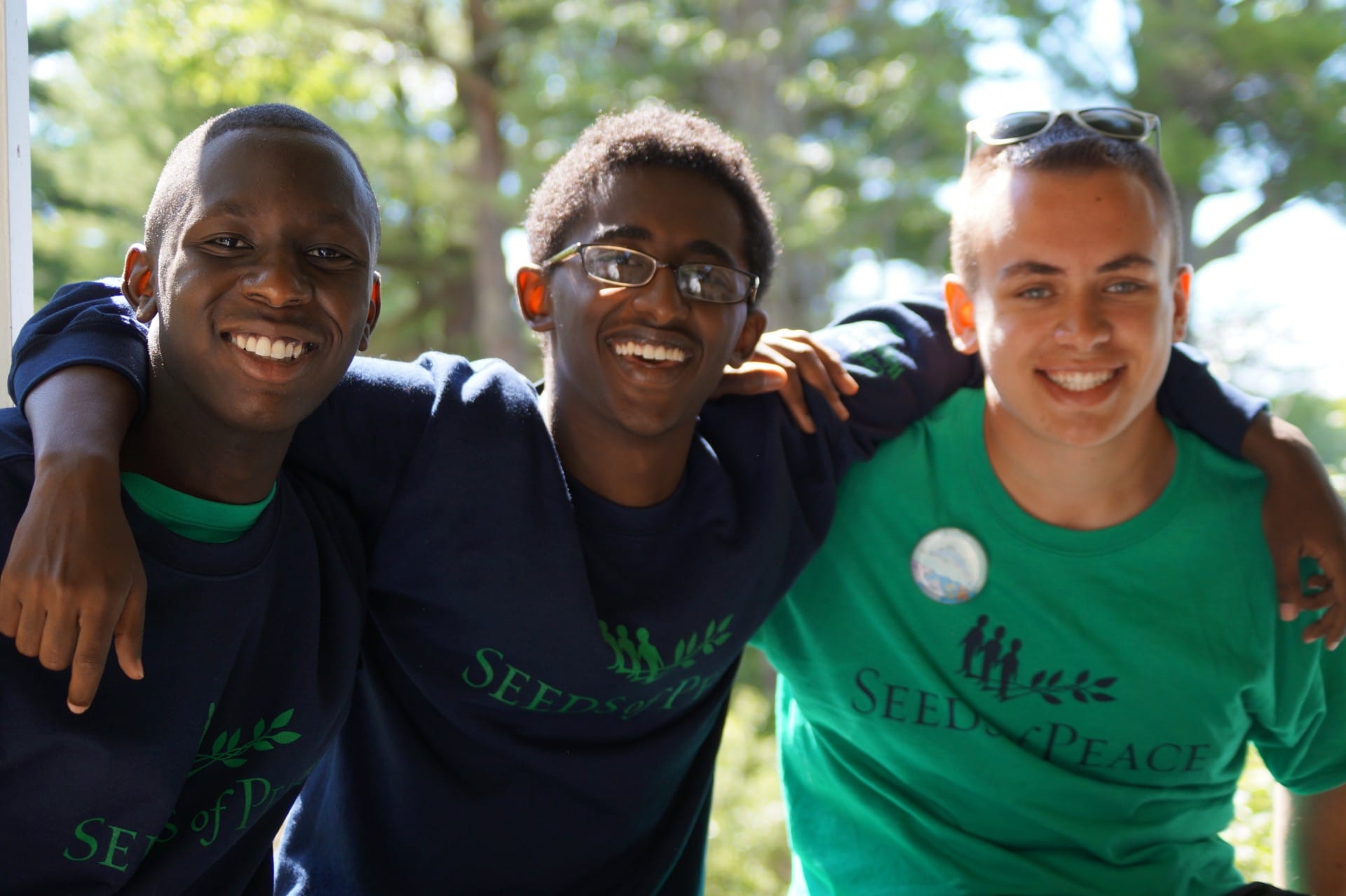USA (Otisfield)
In the woods of Maine is a US Summer Camp like no other. Travelling thousands of miles from their homes in the Middle East, Southern Asia, the Balkans, Cyprus and North America, each camper arrives with the knowledge that they will spend the next three weeks living with the ‘enemy’. Chosen to represent their communities, these young people don’t just come from different backgrounds, they come from opposing sides in some of the world’s longest running conflicts.
The Seeds of Peace camp founder John Wallach, who set up the program in 1993, wanted to break the cycle of inherited hostility and conflict between Palestinian and Israeli teenagers. The advice he gave every student, and which is given to this day, is to ‘make one friend’. Rather than attempting to find solutions to the conflict itself, campers are encouraged to understand and relate to one-another. Though they may arrive apprehensive and weighed down by their past experiences, through living together for over three weeks, they find mutual ground, and sometimes friendship.
Camp life, full of discussion and ideas, is just the beginning of these young people’s journey. Regional follow up programmes all over the world continue to build strong relationships across communities, in turn leading to positive change. Though some have criticised the program as being only a temporary fix, longitudinal research has countered this. A study from the University of Chicago conducted over three years, shows the camp experience increases openness to change and positive attitudes towards ‘opposing’ groups well after the camp has finished.
More than 5,300 young people have passed through the camp since 1993, and some of the earliest graduates of the programme have now been in contact with one another for 20 years. The seeds have become leaders, entrepreneurs, activists and journalists, in initiatives that range from citizen journalism projects to youth groups in Jerusalem.
The Seeds of Peace Charter, written by young people from 22 nations reads: “In succeeding here, we prove to ourselves and our governments that a solution exists and peace is not impossible.”
Project leader
Leslie Lewin, Executive Director
Support the Atlas
We want the Atlas of the Future media platform and our event to be available to everybody, everywhere for free – always. Fancy helping us spread stories of hope and optimism to create a better tomorrow? For those able, we'd be grateful for any donation.
- Please support the Atlas here
- Thank you!
